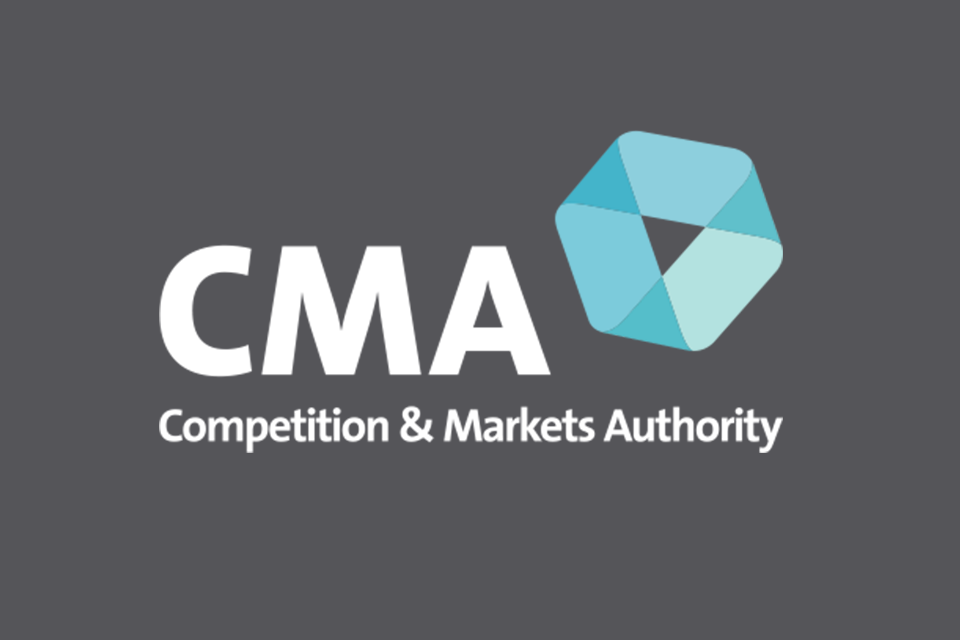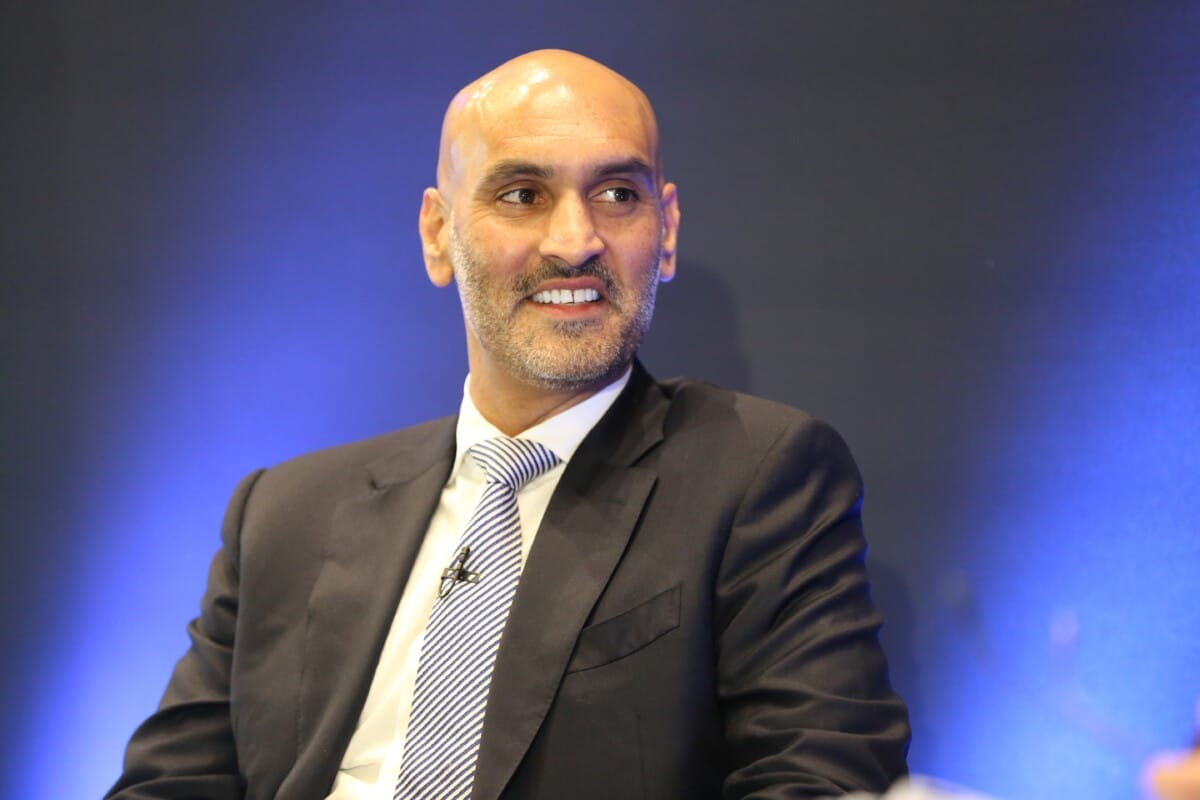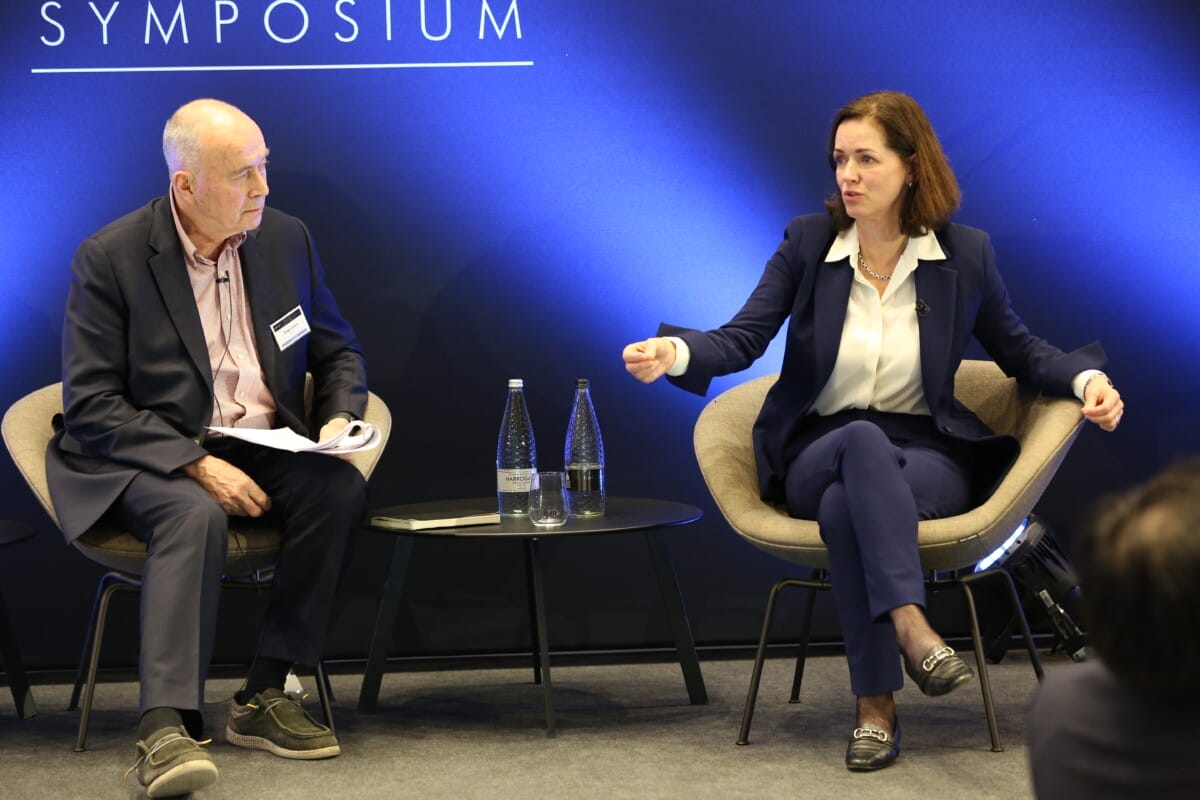-
In a judgment handed down today, the CAT found that Pfizer and Flynn abused their dominant positions by charging excessive prices for a life-saving epilepsy drug, phenytoin sodium capsules, between 2012 and 2016.
-
The CAT set aside the CMA’s decision, but made its own infringement findings against the parties on 7 out of the 8 infringements originally found by the CMA.
-
The CAT found that the parties intentionally abused their dominant positions and that “both Pfizer and Flynn were gouging the market in a manner that can only be characterised as unjustifiable or opportunistic or – in a word – unfair”. The CAT went on to impose combined fines on Pfizer and Flynn of £69 million.
In reaching its findings, the Competition Appeal Tribunal (CAT) re-made the decision of the Competition and Markets Authority (CMA), and imposed fines totalling £69 million – almost identical to the fine levels imposed by the CMA.
The CMA agrees with the CAT’s conclusion that the firms’ pricing behaviour was abusive under competition law, and that significant fines are appropriate in this case. However, the CMA disagrees with the CAT’s findings and reasoning in relation to the CMA’s decision, and is carefully considering whether to appeal the judgment.
Background on the case
After reassessing part of its case following a remittal from the CAT, the CMA imposed fines of approximately £70 million, in 2022, on Pfizer and Flynn – £63,300,000 and £6,704,422 respectively – for breaching competition law. It found that both firms had used their positions as the dominant suppliers in the UK market to charge excessive and unfair prices for phenytoin sodium capsules over a 4-year period.
The CMA’s decision found that between 2012 to 2016, Pfizer’s prices rose by 780-1,600%. The company supplied the drug to Flynn, which then sold the capsules to wholesalers and pharmacies at prices significantly above its own costs. The combination of the prices imposed by Pfizer and Flynn resulted in prices between 2,300% and 2,600% higher than those previously charged for the drug. This illegal behaviour led to NHS annual costs for phenytoin capsules increasing from £2 million in 2012 to approximately £50 million the following year.
In today’s judgment, the CAT agreed with most of the drug firms’ grounds of appeal, finding against the CMA in a number of matters, including in relation to the approach to calculating a ‘reasonable rate of return’, its assessment of unfairness, and the overall procedure followed.
The CAT concluded that the firms had infringed the Chapter II prohibition. On the basis of those infringement findings, the CAT imposed the same level of fines as the CMA, but for a 1% reduction of Pfizer’s fine.
Notes to editors
-
For media queries, please contact the press office on [email protected] or on 020 3738 6460.
-
Following the CMA’s original investigation, the CMA issued a decision (2016). Both Pfizer and Flynn challenged this decision at the CAT, which upheld the CMA’s findings on market definition and dominance but set aside its conclusion that the companies’ prices were an unlawful abuse of dominance. The CAT referred this matter back to the CMA for further consideration – known as a remittal. The CMA and Flynn then appealed to the Court of Appeal. In March 2020, the Court of Appeal dismissed Flynn’s appeal in its entirety and upheld aspects of the CMA’s appeal relating to the application of the legal test for unfair pricing. Following this, the CMA decided to re-investigate the matters remitted by the CAT and opened its investigation in June 2020 issuing a ‘remittal decision’ in July 2022. Both Pfizer and Flynn appealed the remittal decision, and the CAT heard the case in November and December 2023. This judgment is the outcome of that appeal.








